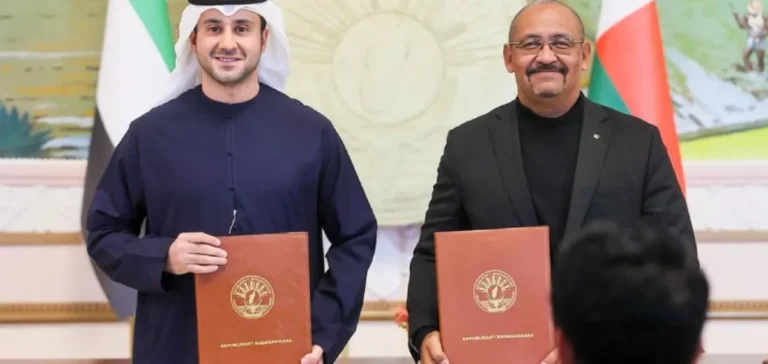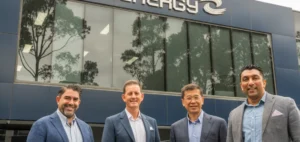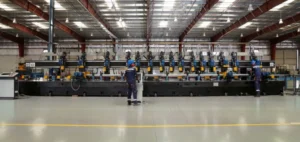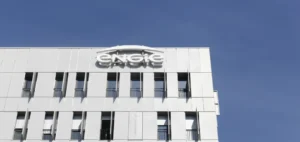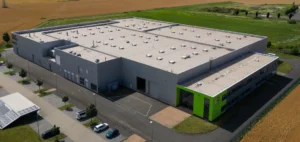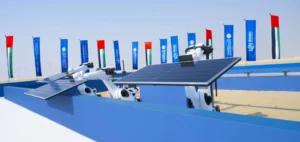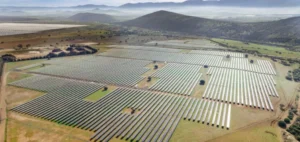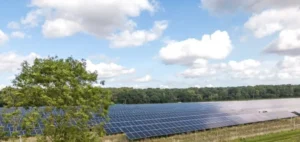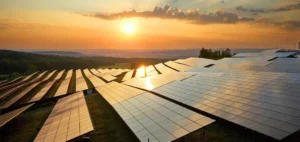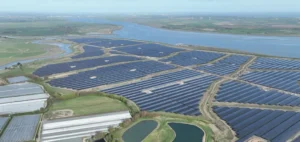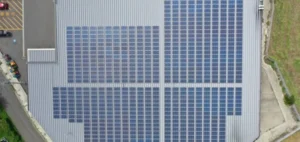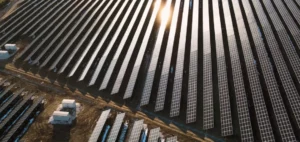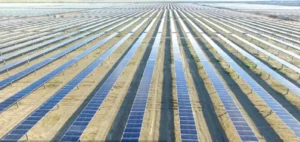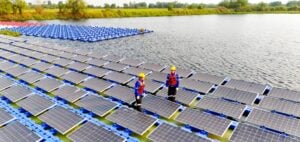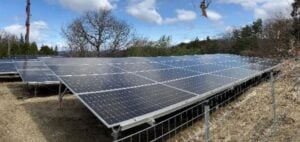With only 251 MW of renewable capacity installed in 2024, including 58 MW from solar, Madagascar still has limited renewable energy resources, according to the report Renewable Energy Capacity Statistics 2025 published by the International Renewable Energy Agency (IRENA). In this context, Global South Utilities (GSU), a company based in the United Arab Emirates, has just announced the signing of two agreements with the Malagasy government, initially planning the construction of a 50 MW solar power plant along with 25 MWh of storage capacity in the Moramanga region, potentially followed by an additional 250 MW subject to feasibility studies.
Energy capacities to be strengthened
According to data from the International Energy Agency (IEA), Madagascar was still generating nearly 46% of its electricity from petroleum fuels in 2022, compared to only 31% from hydropower dams. The project by Global South Utilities, if fully realised, could represent a substantial share of the target set by the national Energy Pact for Madagascar, aiming to reach 893 MW of renewable capacity by 2030. Therefore, the first phase of 50 MW would increase the country’s current solar capacity by nearly 85%.
The site chosen for this development, close to the interconnected network of Antananarivo, is strategic as this network accounts for 60% of the country’s electricity demand. However, the existing infrastructure is ageing and regularly saturated, with many installations dating back to the 1980s. This obsolescence is compounded by the financial difficulties of the public operator Jiro sy rano malagasy (JIRAMA), responsible for electricity supply in Madagascar.
Major technical and financial challenges
One of the main challenges lies in the bankability of the project. The public company JIRAMA, the potential future purchaser of electricity produced by GSU, regularly experiences financial difficulties and has limited capacity to honour payments, representing a significant risk for the economic viability of private investments in Madagascar’s electricity sector.
Furthermore, although the first phase of the project includes 25 MWh of storage to stabilise the network, integrating an additional potential capacity of 250 MW would require substantial investments in storage to ensure the stability of the national grid.
Limited energy access for the population
According to recent statistics from the World Bank, only 36% of Malagasy citizens have access to electricity, and only 14% use clean cooking methods. This situation significantly hinders economic growth and the reduction of costly fossil fuel imports.
The initiative with Global South Utilities thus aligns with a broader strategy of diversifying Madagascar’s international partnerships by relying on actors from Gulf countries. However, the full implementation of these agreements remains contingent on structural reforms within JIRAMA and significant investments in the modernisation and expansion of existing infrastructure.


